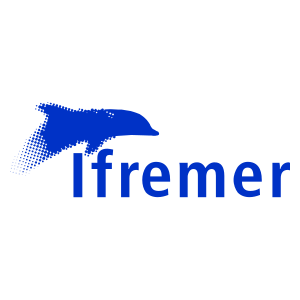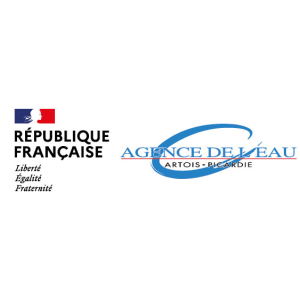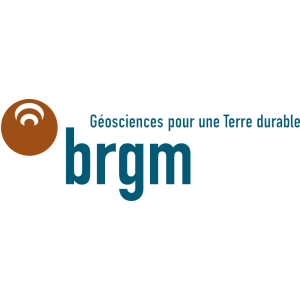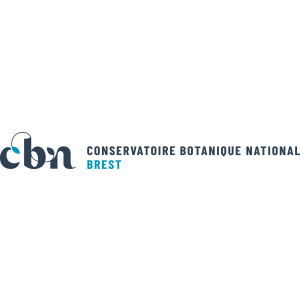
Document généré le 05/01/2026 depuis l'adresse: https://www.documentation.eauetbiodiversite.fr/fr/notice/application-of-the-geometric-morphometrics-approach-in-the-discrimination-of-morphological-traits-between-brown-trout-lineages-in-the-danube-basin-of-croatia
Application of the geometric morphometrics approach in the discrimination of morphological traits between brown trout lineages in the Danube Basin of Croatia
Titre alternatif
Producteur
Contributeur(s)
EDP Sciences
Identifiant documentaire
11-dkey/10.1051/kmae/2021021
Identifiant OAI
oai:edpsciences.org:dkey/10.1051/kmae/2021021
Auteur(s):
Ivan Špelić,Andrea Rezić,Tamara Kanjuh,Ana Marić,Ivana Maguire,Predrag Simonović,Tena Radočaj,Marina Piria
Mots clés
Salmonid fish
introduction
shape analysis
black sea basin
hybridization
Poissons salmonidés
introduction
analyse de forme
bassin de la mer Noire
hybridation
Date de publication
28/05/2021
Date de création
Date de modification
Date d'acceptation du document
Date de dépôt légal
Langue
en
Thème
Type de ressource
Source
https://doi.org/10.1051/kmae/2021021
Droits de réutilisation
Région
Département
Commune
Description
Brown trout is a salmonid fish with a natural range extending throughout western Eurasia and North Africa. Due to its commercial value, it has also been introduced worldwide. In continental Croatia, introduced trout of the Atlantic lineage hybridizes with native trout of the Danubian lineage, threatening the native genetic diversity. The geometric morphometrics approach was used in this study to analyse changes in shape between native trout, introduced trout and their hybrids, classified a priori by molecular phylogenetic analyses. A total of 19 landmarks and semi-landmarks were used to capture the shape of 92 trout individuals belonging to two lineages and their hybrids. Canonical variate analysis and discriminant function analysis were used to analyse and describe shape variation. A significant difference was found between the shape of the Atlantic lineage trout and both Danubian lineage trout and hybrids, with the most prominent differences in body depth, head length and eye size. No statistically significant shape differences were observed between Danubian lineage trout and the hybrids. The observed significant differences in shape could be the result of genetic diversity or trout phenotypic plasticity. Further studies are needed to clarify the origin of this variation in shape.
Accès aux documents
0
Consultations
0
Téléchargements






























